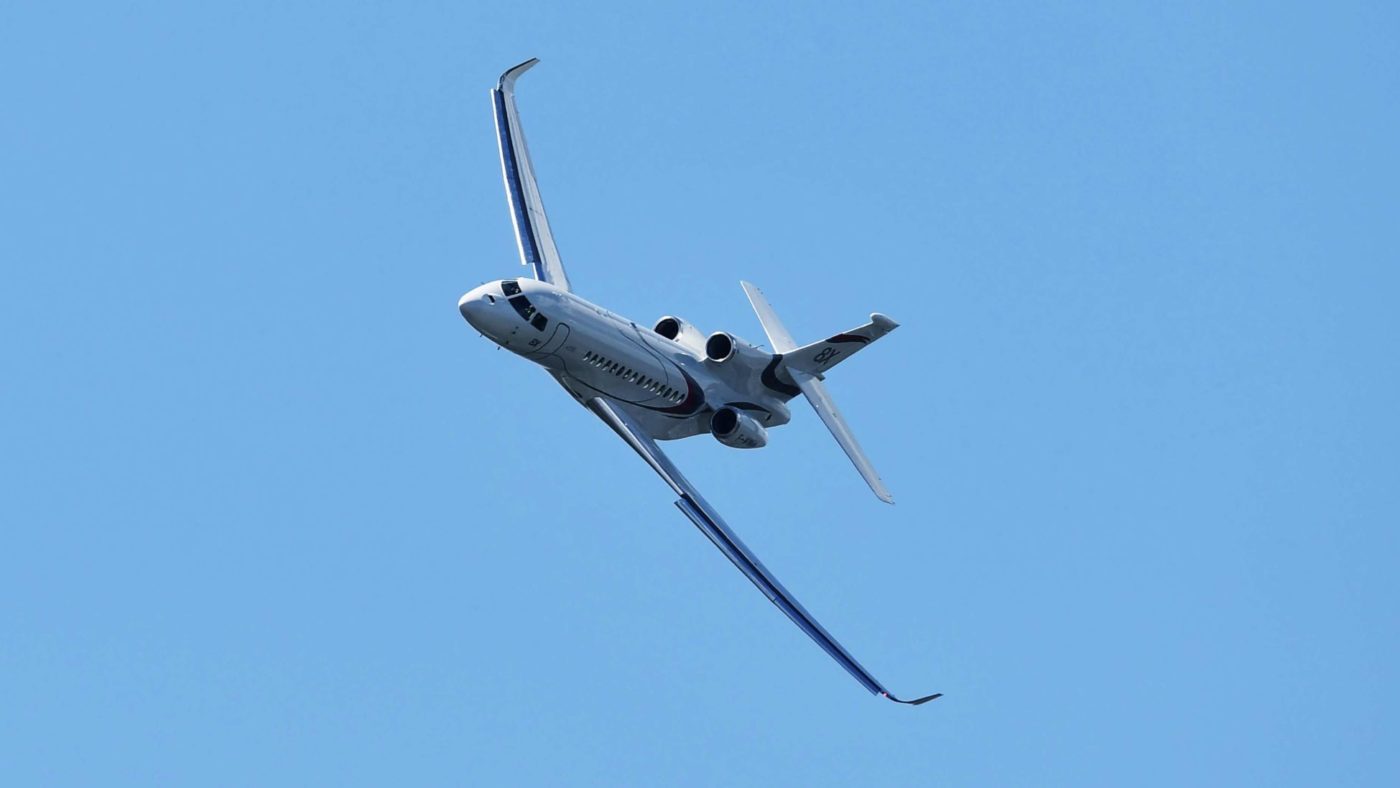Counterpoint: To read the case against banning private jets, click here
Last week, 11,000 scientists warned that the planet is facing a climate emergency, and approximately 2000 private jets took off from British airports. The scientists said that without deep, urgent and lasting change we are on course for “untold human suffering” via irreversible impacts that “could mean there are areas on Earth that are not inhabitable by people”. The passengers on the private jets each inflicted seven times more damage to the climate than they would have done had they travelled in business class on a scheduled flight. These per passenger emissions are increased by half if you factor in the roughly 40% of private jet traffic that is made up of ghost flights with nobody aboard but the pilots – ‘empty leg’ journeys to reposition the jets for the convenience of their passengers.
It doesn’t take a genius to see that there is a problem here. As the world wakes up to the dreadful gravity of the situation we are in, every executive trip on a private jet is increasingly seen as another kick in the teeth for all of our children. During a BBC radio debate on Tuesday, the best argument the European Business Aviation Association could mount in defence of private jet flights was that they typically save around two hours of journey time for highly paid executives in comparison with scheduled flights. But scrutinise the travel patterns of private jets and you find huge spikes in traffic to the Mediterranean in summer and ski resorts in the winter. Let’s be honest, meeting times are not really the main driver here. Private jet travel is fundamentally about luxury, and in the context of impending environmental catastrophe, this is looking less and less defensible by the day.
Regular air travel in economy class makes up the biggest part of the carbon footprints of the roughly half of the UK population who fly in a given year, and in recognition of this, ordinary people are now starting to adjust their travel habits: “Flygskam”, or “flight shame” is a Swedish phenomenon that has seen a 15% drop in domestic flights and a corresponding bump in rail travel over the past year. Flygskam is spreading beyond Sweden, and the Swiss bank UBS has begun warning investors that it could halve the projected growth in passengers over the coming decade.
Of course, flygskam alone is unlikely to be sufficient to move the dial for billionaires like Sir Jim Ratcliffe, the fracking mogul who owns four private jets and a helicopter. Urgent regulation is needed to address this problem, which is why we have proposed an end to fossil powered private jets at UK airports by the middle of the next decade. The good news is that this measure may not be quite as harsh as it sounds.
Our report finds that the private jet sector enjoys certain features that make it ideally placed to lead the way on the journey towards zero-carbon flight. Unlike civil aviation for the masses, business aviation is comprised of small, light craft carrying few passengers, typically travelling relatively short distances. These are the optimal conditions for battery powered, electric propulsion planes to be able to substitute for dirty jets, and our network analysis shows that 8 out of 10 private jet flights within Europe could in theory be made by fully electric planes which are currently in development for market entry in the mid-2020s. This insight has not been lost on the Swedish, Norwegian and Scottish governments, all of whom have domestic air travel markets that meet these criteria, alongside terrain that makes surface transport extremely challenging. As a consequence, all three countries have committed to total electrification of these flights by 2040.
Although 2040 is too late for the climate, the principle is right, and mirrors the approach we are proposing the UK should adopt. These governments are regulating now to shape future markets according to public interest priorities. But small domestic carriers are not necessarily the best place to look to leverage an influx of investment into aerospace R&D. The biggest market segment that is amenable to rapid electrification is awash with cash.
The incredible technological advances made during two world wars show what is possible when the entire productive capacity of the economy is directed towards near-term strategic outcomes. Elites have a history of quickly solving persistent and expensive problems as soon as they are personally affected. An imminent ban on fossil jets at UK airports could help to focus the minds of the world’s most rich and powerful people on the urgent need to develop zero carbon flight. Whilst many aspects of the low carbon transition are met with retorts of, “how are you going to pay for it?”, this might not seem such a compelling excuse when the complainants are billionaires, celebrities and chief executives of Silicon Valley companies that are hoarding hundreds of billions in unproductive capital.
Whether or not Labour takes power after the election this December, enlightened executives who want to get on the right side of history should start placing their orders for shiny new, fully electric planes now.
Click here to subscribe to our daily briefing – the best pieces from CapX and across the web.
CapX depends on the generosity of its readers. If you value what we do, please consider making a donation.


